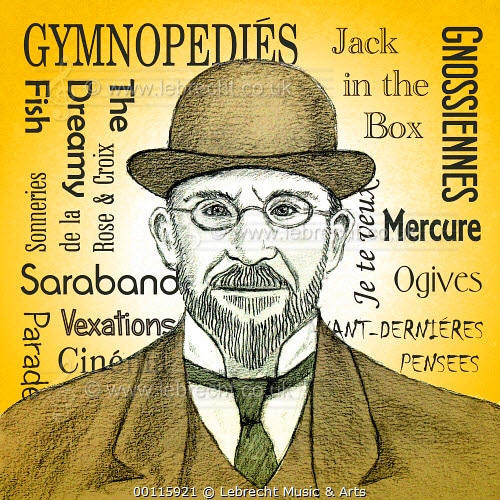The Slipped Disc daily comfort zone (155): Visionary, lunatic, both?
mainThe funny old world of Erik Satie.


The funny old world of Erik Satie.

Anna Starushkevych is a Ukrainian-British opera singer who…

The buildings that house the Rachmaninoff Museum and…

Putting San Francisco far behind him, the Finn…

Martin Hébert is stepping down after 19 years…

Session expired
Please log in again. The login page will open in a new tab. After logging in you can close it and return to this page.
Comments